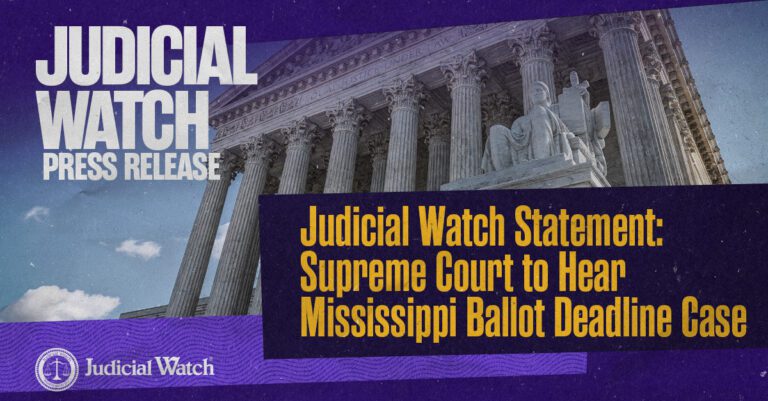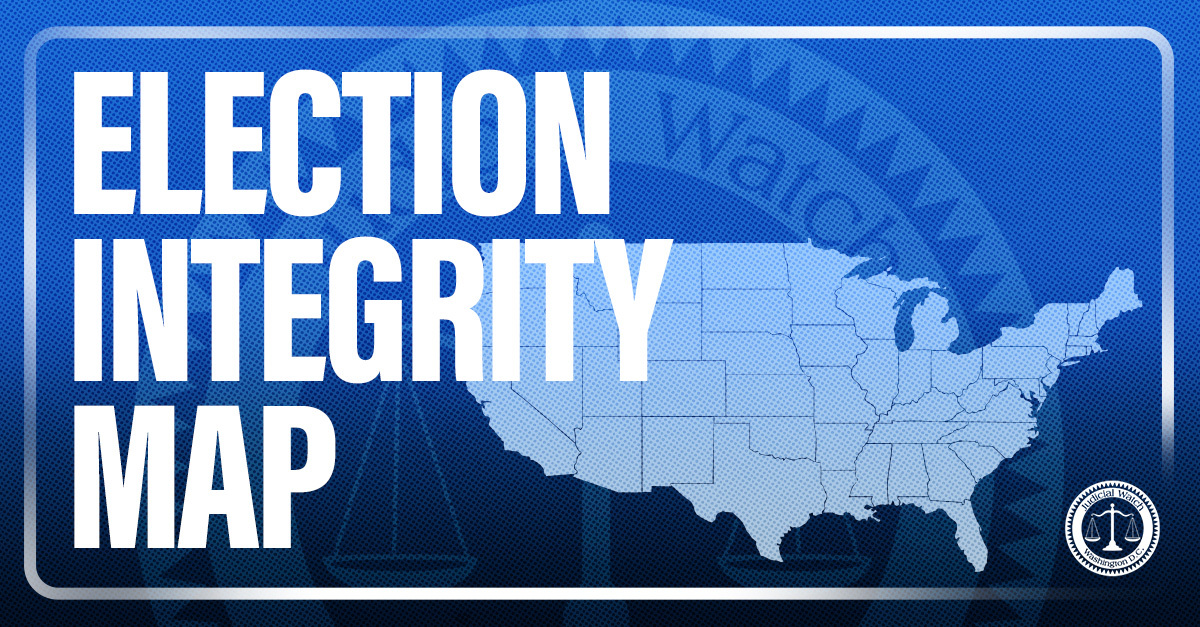
Fla. Court Slams Feds for Ordering State Agency to Withhold Public Records

Can the federal government withhold records that are public under state law simply by claiming that the documents are part of “an ongoing investigation?” No, according to a Florida court that just slammed the feds for attempting to quash the state’s expansive public records law to keep information secret. The case involves the March collapse of a pedestrian bridge at a public university in Miami. Six people were killed when the bridge, which cost taxpayers $14.2 million, came crashing down on a busy road as it was being installed. Eight vehicles got crushed by the 950-ton bridge because officials didn’t close the street.
The government has tried to conceal details of the catastrophe and local media outlets have been forced to take legal action to uncover the truth. The key agencies involved are the Florida Department of Transportation (FDOT) and the National Transportation Safety Board (NTSB), the federal agency responsible for conducting accident investigations. Agents in NTSB jackets descend upon the scene of every civil aviation accident in the U.S. and other “significant” accidents involving various modes of transportation. The goal is to determine the probable cause of the accidents and issue safety recommendations that can prevent future disasters. Part of the process is releasing information to the public. However, the Miami bridge debacle, which was mostly funded by a U.S. Department of Transportation grant, has been veiled in suspicious secrecy.
In the course of reporting the bridge collapse a local newspaper asked the FDOT for records that are public under the state’s decades-old Sunshine law. Under Florida’s notoriously broad measure any records made or received by any public agency in the course of its official business are available for inspection unless specifically exempted by the legislature. That incudes traditional written documents such as papers, maps and books, tapes, photographs, film, sound recordings and records stored on computers. The FDOT refused to provide the records, saying that the NTSB ordered it not to release them because of an ongoing investigation. The newspaper sued in state court and this week a judge in Tallahassee ordered the FDOT to release the files. The taxpayer-funded school, Florida International University (FIU), and an adjacent city, Sweetwater, that were involved in the bridge project have also refused to release documents as per NTSB’s directive.
In ordering the FDOT to provide the records to the media the judge, Kevin Carroll, writes that turning them over to the NTSB did not change their status as public records. “Simply put, under Florida law, it is clear that furnishing a document (which was a public record when it was made or created record) to an investigating agency would not alter its status as a pubic record and it would remain available for public inspection,” the judge writes. In the ruling Carroll also responds to a U.S. government filing that attempts to sway the court to withhold the bridge records by claiming that making them public could impair the NTSB’s investigation. The judge doesn’t buy it, writing that “there may well be a legitimate concern regarding the disclosure of information obtained from private sources. This Court however, has difficulty envisioning how that argument applies to materials maintained by the State of Florida which were already public at the time they were provided to the NTSB.”
The ruling represents a substantial blow to the federal government and the methods it typically employs to keep the public in the dark. It also marks a big victory for transparency and the public’s right to know about a taxpayer-funded project that went terribly wrong. Like the media in the FIU bridge case, Judicial Watch regularly takes legal action to obtain government records that should be released without litigation. Unfortunately, the spirit of the federal law—Freedom of Information Act (FOIA)—is systematically violated by government at all level.

















